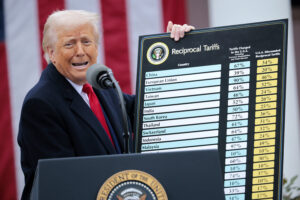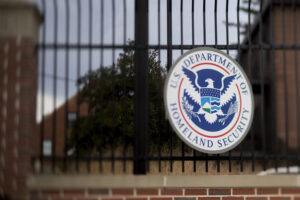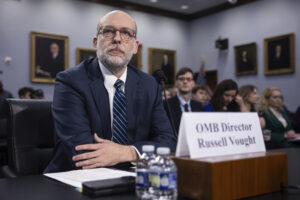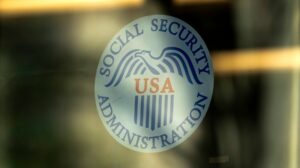The Dictatorship
‘Love Island USA’ pushed stereotypes of Black women this season that made it hard to watch
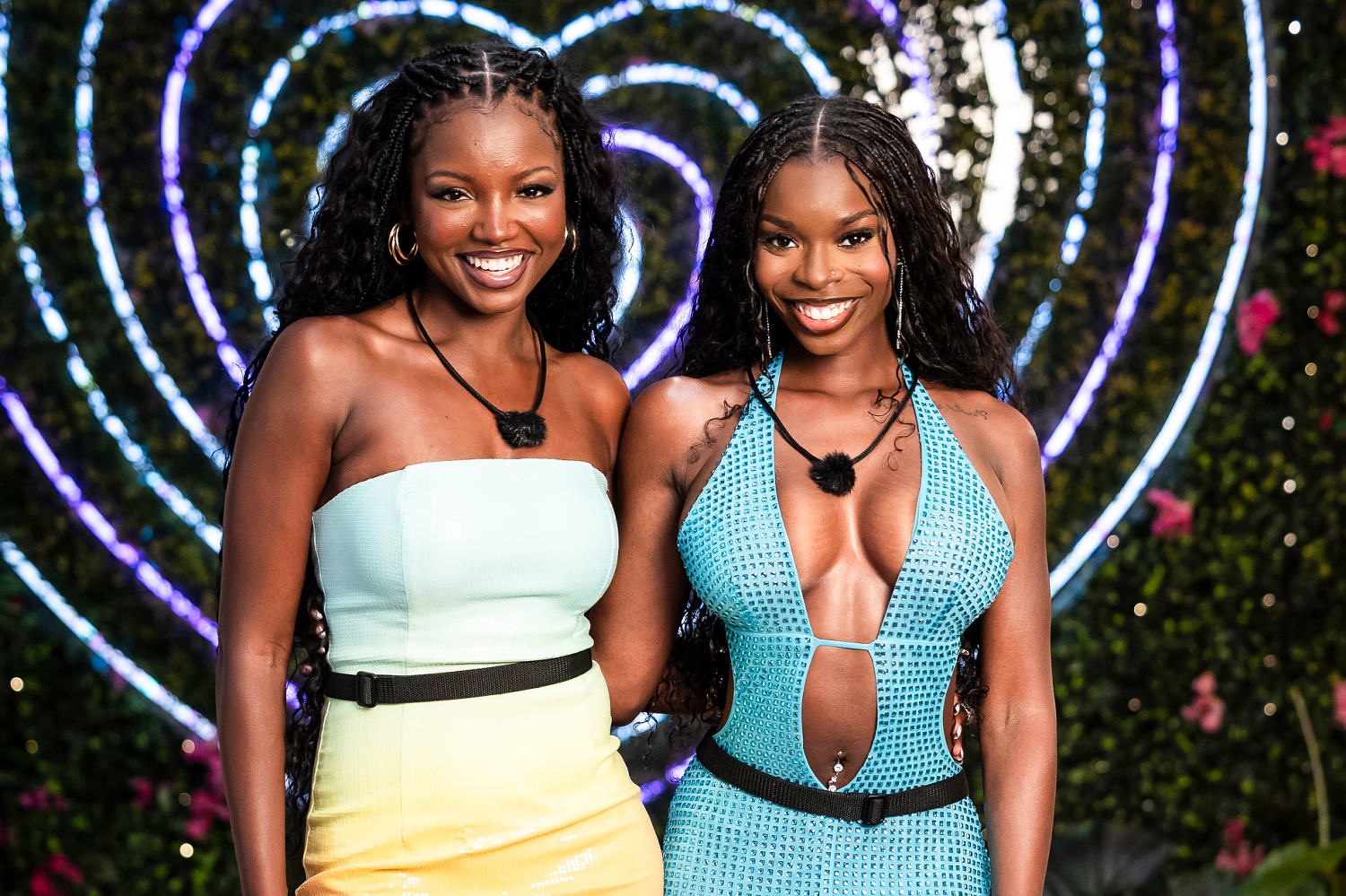
As a Black woman who loves “Love Island USA,” I’ve never been more ready for a season to end. I’ll watch the show’s reunion special Monday night to get the closure I need, but the disrespect and dehumanization visited upon the show’s Black women contestants this season has me questioning my entire relationship with the franchise.
While none of this year’s contestants escaped fully unscathed, Michelle “Chelley” Bissainthe and Olandria Carthen, both of them OG Islanders, were subjected to misogynoir (a specific bias against Black women) by the show and its viewers. They were harassed and unfairly characterized as bullies, with some critics suggesting they deserved to be physically harmed — if not killed.
BuzzFeed thought it funny to recommend a “knuckle sandwich” for Bissainthe.
Parasocially obsessed fans of contestant Huda Mustafa circulated imagery of Cathen’s face on George Floyd’s body as he lay dying under the knee of a Minneapolis cop. In an Instagram post suggesting food for the various islanders, BuzzFeed thought it funny to recommend a “knuckle sandwich” for Bissainthe. In the wake of immediate backlash, BuzzFeed removed the carousel within hours. But it didn’t apologize until more than a month later.
A sincere apology would have come sooner.
On one level, “Love Island” is just mindless reality TV fodder. It’s a show that depicts hot people living in a bubble and doing silly challenges with manufactured drama for our entertainment. But it stopped being a means of escapism for me this season when I saw the show’s Black women contestants being disrespected, dehumanized and caricatured as something they’re not. That’s the same as the real-life stuff we Black women have to contend with daily.
“It’s difficult. I’m not going to lie,” Carthen told Variety about what she went through this season. “I heard it was even a meme of me being George Floyd and Huda [Mustafa] being an officer. That’s a very touchy topic for the Black community. It’s disgusting, to say the least.
“I don’t understand how you take a love show and make such a comment like that. I was even getting death threats,” she said. “It’s very tough and unfortunate as a Black woman. We feel like we can’t truly speak our minds and express our feelings without being perceived as something different.”
They were perceived as bullies, in particular as “mean girls.” Being called mean when we’re not is something most Black women are familiar with. “Black women are generally framed as either angry, strong or both,” Robin Boylorn, a professor of communications at the University of Alabama, has said. “While anger and rage are a reasonable response to oppression, the danger is that it caricatures and dehumanizes Black women, making them instant memes while refusing to engage them as emotionally intelligent and vulnerable.”
If you haven’t watched the show, “Love Island USA” is a reality dating show that throws singles together in a luxurious villa in Fiji, where they have to form couples to stay in the game. They have zero access to the outside world. They complete challenges, twists and recouplings. The last remaining couple wins a cash prize.
For us to come out of the villa and see that we’re mean girls. We’re like, “Mean girls where?”
Michelle “Chelley” Bissainthe to teen vogue
Modeled after the British original, the USA show reached a mind-boggling level of success this year. According to NBCUniversal, the parent company of Peacock (and BLN), this season was the streaming service’s “most-watched original season of all time” — garnering over 18.4 billion minutes streamed.
Because the contestants remain secluded during filming, Bissainthe and Carthen didn’t learn until they returned to the United States how they had been edited.
“For us to come out of the villa and see that we’re mean girls,” Bissainthe told Teen Vogue. “We’re like, ‘Mean girls where?’”
“To see our fellow islanders playing into that narrative was hard,” Carthen told Teen Vogue. “It’s like, you knew us, why would you get out and let America, let social media get to your head? A lot of them played into that mean girl, bully narrative. I’m like, ‘Okay, this is not fair.’”
It isn’t fair. At times this season became unbearable to watch because I knew, as a Black woman, that as soon as an episode was over, the floodgates of racist hell would be unleashed.
Bissainthe and Carthen couldn’t win for losing. If they were too poised, they were fake. If they were upset, they were evil villains. If they set personal boundaries, they weren’t “girls-girls.” These were women never given the space to be human. They had to be perfect or nothing at all.
Again, this is not escapist TV — at least not for Black women viewers. It’s a reminder of the many ways larger society has a problem accepting Black women as something other than caricatures.
Bissainthe and Carthen don’t fit a typical reality TV “Black stereotype.” They are poised. They stand tall. They set boundaries. They communicate their feelings. When they make mistakes, they apologize. It seemed as though the show’s producers had no idea what to do with these fully realized Black women. So they did the easiest thing they could: make them villains.
BriShon Mitchell
BriShon Mitchell is a coordinating platforms producer for BLN Digital. She’s previously worked as a digital content producer for WTSP in Tampa, Florida, and KCEN in Temple, Texas.
The Dictatorship
Appeals court rules against Trump tariffs, but Supreme Court appeal may soon follow
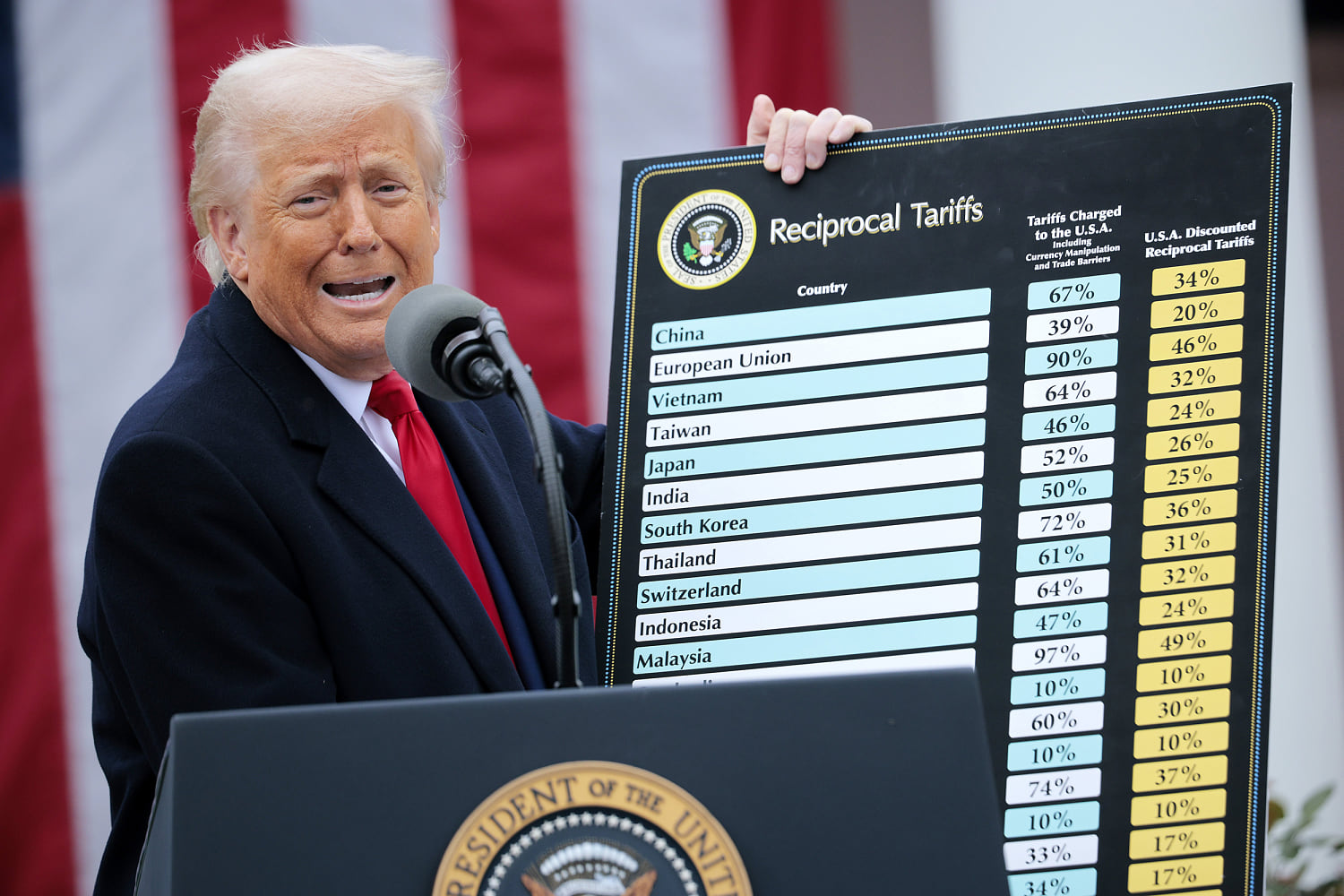
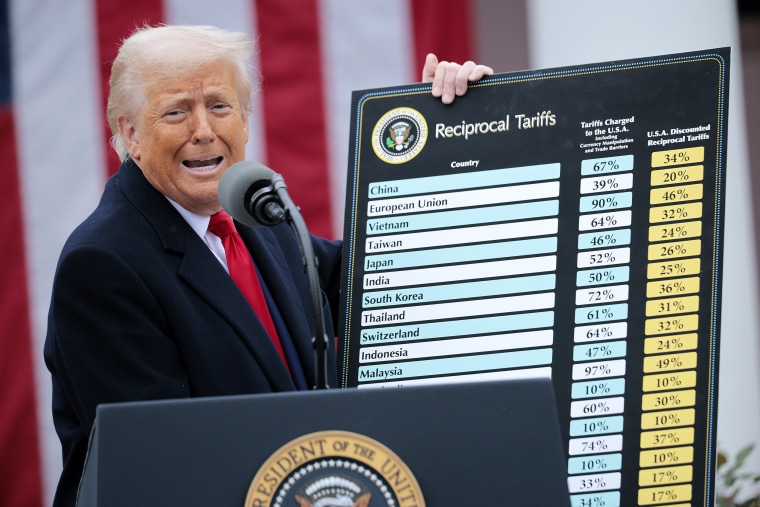
A federal appeals court ruled against President Donald Trump’s tariffs on Friday, but the ruling won’t take immediate effect because the court is giving the administration time to appeal to the Supreme Court. So as with nearly every big issue in American life, the justices may have the last word.
Attorney General Pam Bondi said the administration will appeal. The president said in his own social media post that if the ruling stands it would “literally destroy the United States of America.”
The ruling came Friday from the U.S. Court of Appeals for the Federal Circuit. It dealt with five executive orders imposing tariffs “of unlimited duration on nearly all goods from nearly every country in the world,” as the court put it. The U.S. Court of International Trade had previously ruled in May that the tariffs ran afoul of a federal law called the International Emergency Economic Powers Act (IEEPA). The government appealed to the Federal Circuit, which upheld the trade court on Friday.
“Because we agree that IEEPA’s grant of presidential authority to ‘regulate’ imports does not authorize the tariffs imposed by the Executive Orders, we affirm,” the appeals court said, adding that it wasn’t weighing in on “whether the President’s actions should have been taken as a matter of policy.”
The court also said that further review is needed back in the trade court regarding the universal injunction it granted. The appeals court cited the Supreme Court’s ruling in the birthright citizenship case that dealt with that subject in June, after the trade court ruling came out.
The Federal Circuit’s ruling on Friday split the 11 judges who heard the case 7-4.
The judges also issued an order accompanying the ruling that keeps it from taking effect through Oct. 14. If a Supreme Court appeal is filed by then, the appellate ruling will remain on hold either until the Supreme Court declines review or issues its own ruling.
Four judges added a separate opinion that agreed with the majority, but further expressed their view that IEEPA not only doesn’t authorize Trump to issue the tariffs in these executive orders, but that it doesn’t authorize him to issue any tariffs at all.
Four other judges dissented, writing that they agreed with the majority that the trade court had jurisdiction, that the plaintiffs had standing to bring a lawsuit and that (if the tariffs are unlawful) the case needs to be sent back to the lower court for further review; but they disagreed with the substance of the lower court’s ruling that the tariffs are unlawful.
Subscribe to the Deadline: Legal Newsletter for expert analysis on the top legal stories of the week, including updates from the Supreme Court and developments in the Trump administration’s legal cases.
Jordan Rubin is the Deadline: Legal Blog writer. He was a prosecutor for the New York County District Attorney’s Office in Manhattan and is the author of “Bizarro,” a book about the secret war on synthetic drugs. Before he joined BLN, he was a legal reporter for Bloomberg Law.
The Dictatorship
A teenager died by suicide after confiding in ChatGPT. That should be a wake-up call.
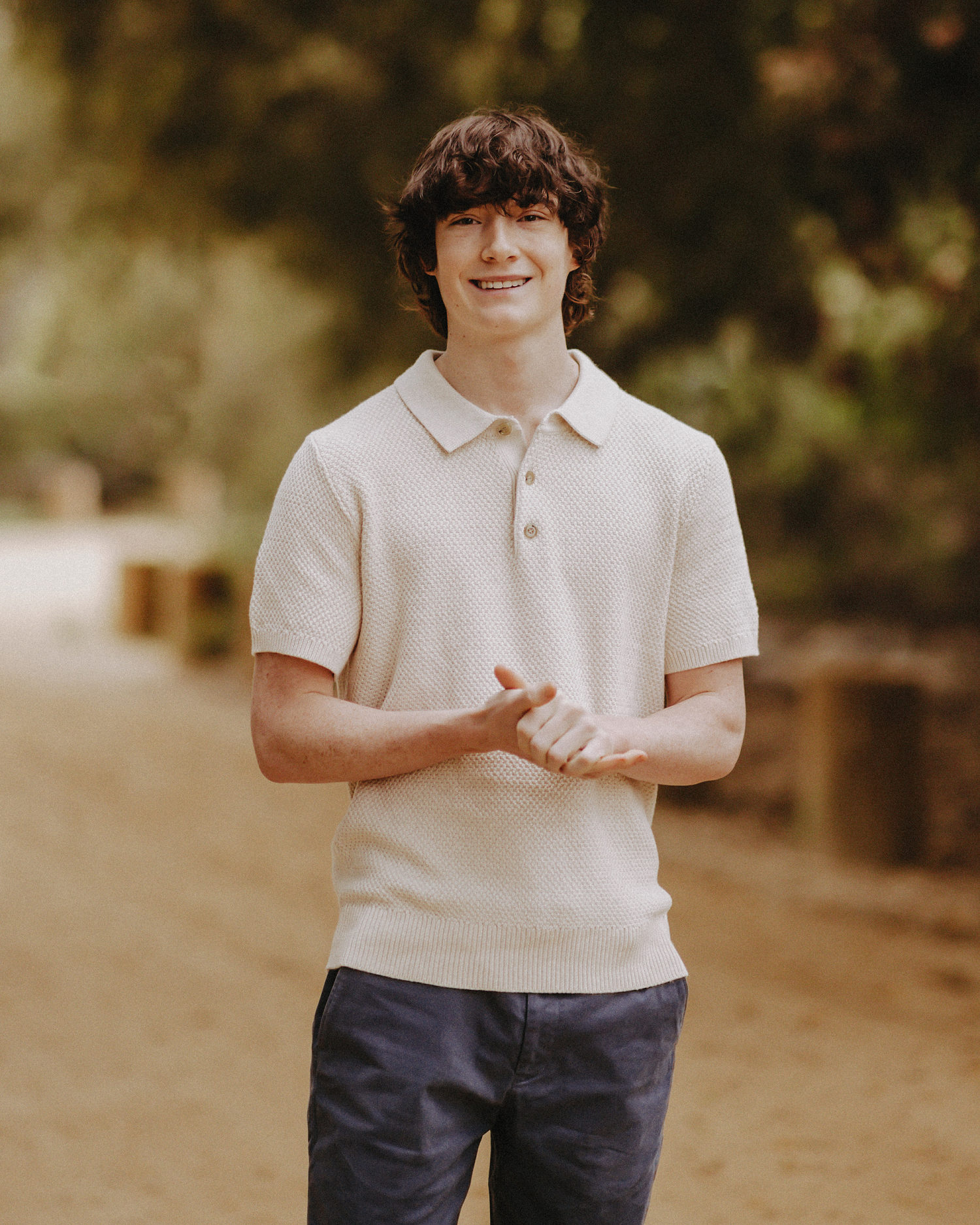
In family photos, you can see 16-year-old Adam Raine grinning ear to ear. But the California teen’s prankster personality concealed a deep current of depression and despair. And earlier this year, say his parentsChatGPT — which Adam went to for comfort — helped him take his own life.
Earlier this week, Adam’s mother and father filed the first known wrongful death suit against OpenAI. The lawsuit includes ChatGPT logs from Adam’s phone, which show how completely he was lured in to rely on a Big Tech product for companionship — and how, time after time, that product ignored warning signs and structurally failed him. At first, he turned to AI for homework help. Then, as chronic illness and problems at school narrowed his world, he called on it for comfort. Instead, the lawsuit alleges, it became an accelerator for self-harm and guided him through his death by suicide. (In a statement to NBC News, an OpenAI spokesperson confirmed the authenticity of the logs, but said the lawsuit did not include the full context of ChatGPT’s responses.)
Chatbots are designed to keep kids hooked — even when they need off-ramps for real-world help.
As the mother of two boys, 3 and 5, I can only imagine the pain Adam’s parents are feeling. But I know that families across the country share a fundamental anger that Big Tech companies willingly risk the lives of our kids, an anger that grows every time we hear about the loss of a young person like Adam.
More and more frequently, kids are confiding in Big Tech’s AI chatbots, not just when they want help with homework, but when they’re lonely or in pain. Because AI chatbots are designed to be sycophantic and to adeptly mimic human emotion, children can’t always tell truth from fiction, or distinguish real love and concern from a machine-generated response. That makes kids dangerously vulnerable to forming unhealthy attachments.
After the Raines filed their lawsuit, an OpenAI spokesperson said the company was “deeply saddened by Mr. Raine’s passing.” The company published a blog post listing “some of the things we are working to improve” when ChatGPT’s safeguards fail. That is too little, too late — just like Big Tech’s attitude toward safety in general. Rather than do anything to help address this problem, these companies prioritize hyping up the uses of AI and increasing its “market share” of our kids’ waking hours and mental bandwidth.
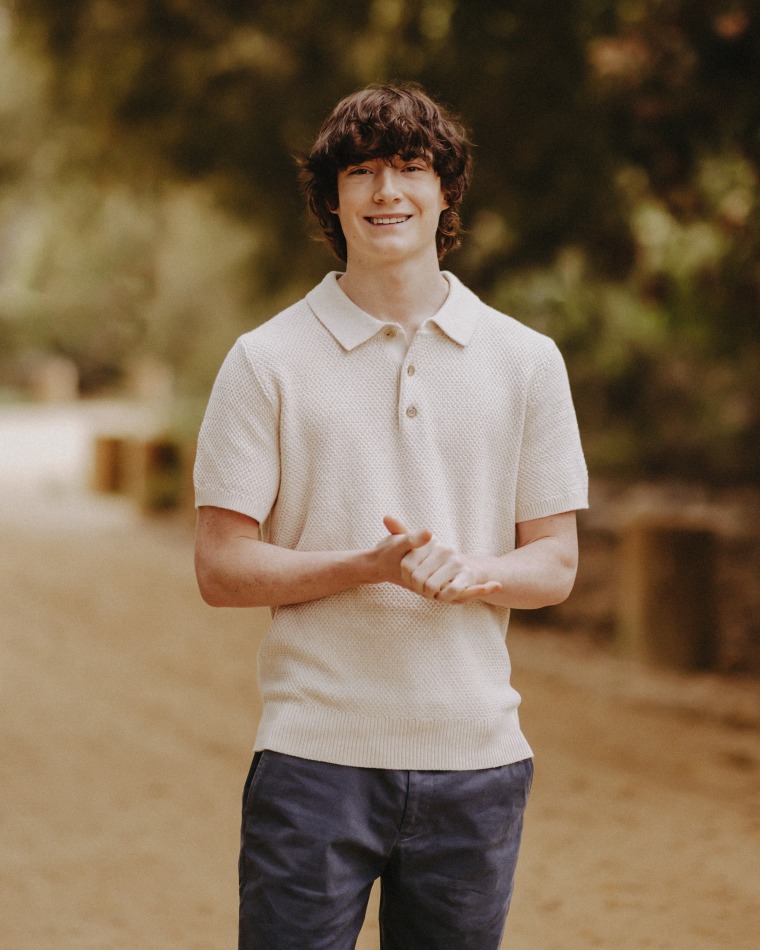
In fact, Mark Zuckerberg has said he wants his Meta AI companion to fill users’ “demand for meaningfully more” real-world friends. In 2023, The Wall Street Journal reportsthe chatbot’s product managers “told staff that Zuckerberg was upset that the team was playing it too safe,” which led to a loosening of the standards that kept conversations from becoming too sexualized.
Meta’s internal documents allowed their AI chatbots to “engage a child in conversations that are romantic or sensual” until the company was asked about it by Reuters. New research from the family advocacy group Common Sense Media finds that Meta’s chatbot for Instagram and Facebook willingly coaches teens on how to carry out self-harm, disordered eating and violent fantasies.
As AI chatbots become confidantes and even parasitic bosom buddies, many children share secrets they won’t or can’t tell their families. Chatbots, though, are designed to produce engagement and keep kids hooked — even when they need off-ramps for real-world help. Products like ChatGPT — tragically, unspeakably — become abettors and co-conspirators in suicidal plans, with the chatbot, according to the lawsuit, even providing Adam advice on how to tie a noose.
If this were any other industry, lawmakers would have listened to the thousands of parents and young advocates who have been banging down their doors pleading for change.
The scale of the harm wrought by these companies grows by the day.
But Big Tech has big money, which means big lobbying — and so far, that has blocked real safeguards. Instead of working with lawmakers, these companies even pushed for a ludicrous federal moratorium on AI regulation, which would have negated hundreds, if not thousands, of state laws already on the books and blocked any state laws dealing with AI for 10 years. This prompted a nationwide revolt of parents, attorneys general, governors and state legislators on both sides of the aisle.
My two boys haven’t yet begun to ask me for phones, and they don’t know what social media or chatbots are. And still I’m scared to death we won’t get through to lawmakers in time to save them. My eldest is a whip-smart, sensitive kid, who I’m terrified will be destroyed by social media, either preyed upon by an online child predator, or persuaded to do himself harm because his young mind won’t comprehend that the “friend” he is confiding in is actually a machine humming away in a massive data center somewhere, helping him — like it did for Adam — plan a “beautiful suicide.”
Meanwhile, tech giants are buying off academics and whitewashing research about the dangers their products pose to our kids. They’re infiltrating trusted institutions like the PTA, backing “safety” initiatives while fighting to defeat safety reforms, suing organizations they view as threats. They try to silence whistleblowers — even when those whistleblowers are called before Congress. And now they’re even creating political super PACs to intimidate lawmakers into voting their way and ignoring tragedies like Adam’s.
Let me be absolutely clear: Politicians should think twice before accepting donations from these Big Tech super PACs. The scale of the harm wrought by these companies grows by the day. They are not working in good faith with legislators and regulators to ensure that our privacy and our children’s lives are protected.
Thankfully, state legislators don’t have to wait for Washington to act. In California, for instance, state Sen. Steve Padilla introduced SB 243which would establish safety guardrails for “companion” chatbots and make companies track interactions with users in crisis. And AB 1064the LEAD for Kids Act, championed by Assemblymember Rebecca Bauer-Kahan, would ban emotionally manipulative AI companions for kids, require parental consent and more.
These are all sensible measures — and they are under attack by the very companies whose products are harming our children. Just last week, Meta announced a California-specific super PAC to go after such bills.
Meta, Apple, Google, OpenAI and their ilk will never regulate themselves, so we urgently need to do it before more children die and more families are destroyed. In Adam Raine’s memory, we have an opportunity to prevent future tragedies — if lawmakers will listen.
The Dictatorship
After the Annunciation school shooting, the gun lobby is counting on our doing nothing
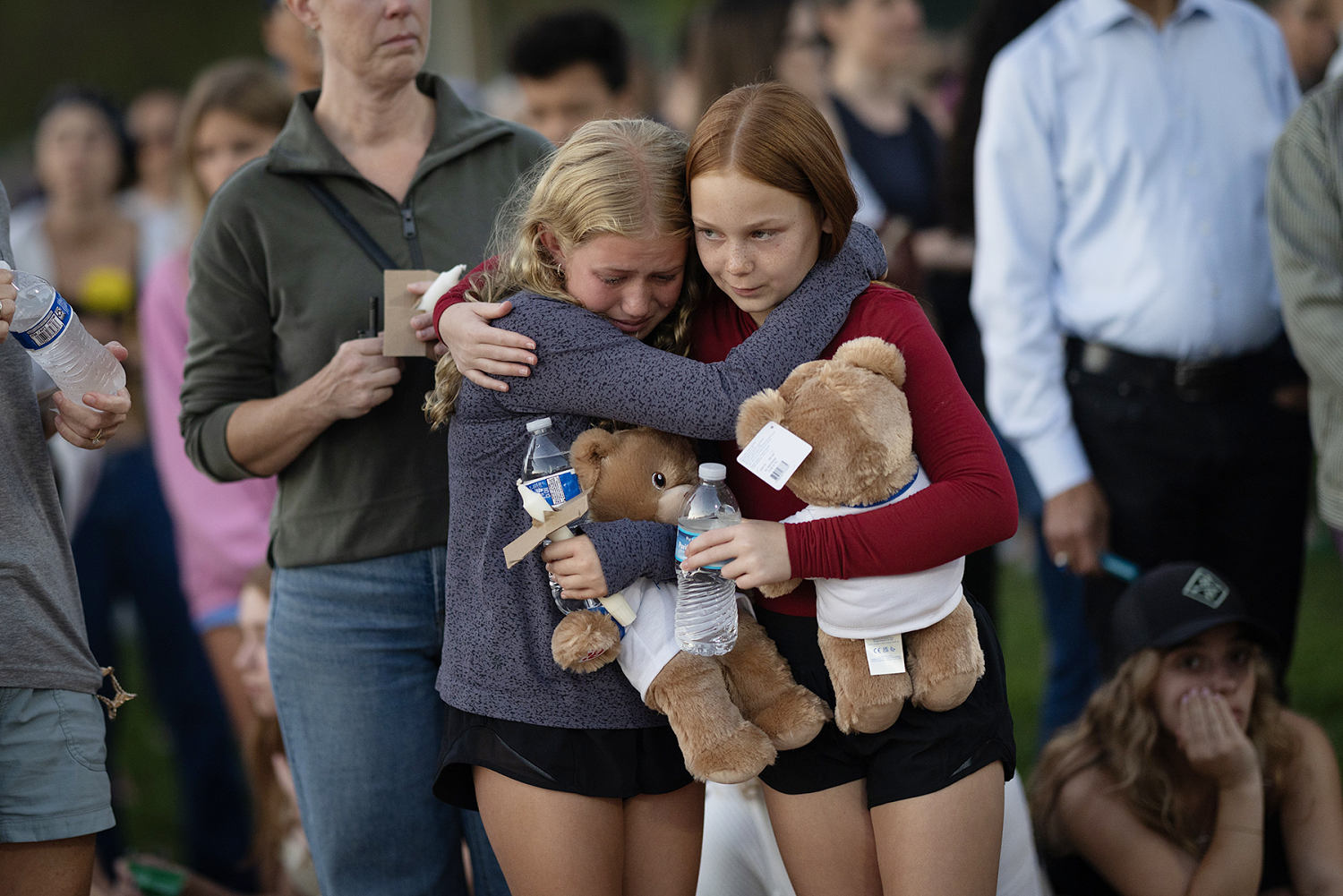
They showed up to Annunciation Catholic School on the far south side of Minneapolis on Wednesday wearing backpacks and new shoes their parents may have just purchased during back-to-school shopping. They filed into the adjacent yellow brick Catholic church for the annual start-of-the-school-year Mass with adults shushing their giggles and excitement. After all, Annunciation had just got a new principal and a new priestand the older children had been assigned their “buddies” from younger grades who would watch them and learn the scripture and rituals of the Catholic Mass.
A barrage of bullets exploded through the stained glass windows and shattered yet another American community.
And then, during a religious service that was supposed to usher in a school year defined by the phrase “a future filled with HOPE,” a barrage of bullets exploded through the stained glass windows and shattered yet another American community.
Two families that dropped their children off at school will never see them again. There is now an empty chair at each table. Two bedrooms frozen in time. Two futures snatched away by a shooter’s cowardly rage. Eighteen more people are physically injured. Some remain in critical condition. But “in critical condition” could just as well describe the whole Annunciation community, the city of Minneapolis and, really, America in its exhausted entirety.
Those babies — one 8 and the other 10 — gunned down in the pews at their Catholic school have forced us all to face a sickening lesson about the current state of our country. The people responsible for writing the laws that govern us have developed a tolerance for children being slaughtered in their schools.
Instead of saying, “No more of this,” our society has introduced more attempts to protect kids in places that should be inviolate. Metal detectors. Security guards. Active shooter drills. Thankfully Annunciation had adopted a protocol of locking the church doors before Mass began. Minneapolis Police Chief Brian O’Hara said locking the doors likely saved many lives.
We should never ever normalize a scene as horrific as this, but somewhere along the way, mass casualty events have become a grim fact of American Life. It’s hard to admit this, but the unbearable has become unacceptably routine. I hate writing that sentence. These facts should cause us sorrow and even shame. The death and despair. The wounds that last a lifetime. The assault on our sense of security. The targeting of CHILDREN. And the ready access to guns that are essentially weapons of war. All of this should be unacceptable. School shootings are still devastatingly shocking, but history shows that these atrocities do not guarantee change.
People committed to truly creating a safer America must figure out how to stand up to a gun lobby that is counting on a woefully predictable pattern. Shock. Grief. Outrage. Anguish.
Calls for thoughts and prayers. Vigils. Funerals. Editorials.
Pledges for action and change.
All of it falling short of achieving a goal we should have reached years ago — restricting easy access to assault weapons.
Another part of this predictable pattern is a debate over what led the shooter to this kind of unthinkable violence. The motives, lifestyle and so-called manifesto will be studied. Was the shooter a lonely outcast or angry and addled? But no matter the answers to those questions, there is a constant through line in these mass shootings at schools and movie theaters and concerts and clinics: access to war-fighting, high-velocity firearms that have no place among civilians.
I grew up on the south side of Minneapolis, and I attended a Catholic school just a few miles from Annunciation.
Since Republicans will be predictably silent, Democrats and those who can find their way to support reasonable gun safety measures need to figure out how to react to the constant ticktock of violence with a constant amplification of their demand for gun reform.
I grew on the south side of Minneapolis, and I attended a Catholic school just a few miles from Annunciation. I know that parish well. It’s part of a cluster of Catholic church/school campuses that dot the Twin Cities. Annunciation has always been a particularly active congregation, in part because of the stability in its surrounding upper middle-class community.
It’s a thriving hub that hosts fish fries, bingo nights, scout troops and basketball leagues. The buildings buzz all week, even in the summer months when kids learn how to ride bikes on the recess lot and seniors do laps to get their steps in. It’s where south siders buy Christmas trees and the church engages in a Mission Monday program where the first day of the week is dedicated to participating in programs like Meals on Wheels, making goodie bags for seniors living in elder care centers or turning old T-shirts into re-usable diapers for the sister parish Annunciation adopted in Haiti.
Catholic churches throughout the city have sometimes struggled in recent years to maintain active congregations and thriving schools. As the Twin Cities went through a series of changes with demographic shifts, rising poverty rates and conversely pockets where working families were priced out of neighborhoods, Catholic parishes were mandated by the diocese to be not just in the community but of the community. Annunciation, built in 1922 on the far stretch of the city near where the suburbs start, has thrived as a model of that creed.
But now it is the most recent marker in America’s daisy chain of school shootings. The Tudor building that was such a place of pride with its careful plantings and holiday decorations will forever be a monument to grief. No different than Sandy Hook, Columbine, Jonesboro, Uvalde, Parkland and so many more. Too many more.
I hope that Annunciation’s community-strong model will provide both steel and balm.
Eventually the students will return to school. Drivers along 54th Street will once again hear the squeals from the playground and the sound of children’s voices united in sing-song hymns floating through an open classroom window.
“Annunciation” refers to the moment the angel Gabriel told Mary she would conceive a son.
Shoppers visiting the Kowalski’s grocery store across the street or the Holiday gas station just down the road will forever feel a jolt of anguish. How could they not?
The Twin Cities is a place that was already reeling from another large casualty shooting earlier that weekthe shooting of lawmakers and their families in June, and May marked the fifth anniversary of police murdering George Floyd. And with this latest monstrous assault, it has joined the litany of communities forever marked by the pain of schoolchildren being deliberately murdered.
Those communities all figure out how to move forward, but they never really move on. And we should not either.
In religious teaching, “annunciation” refers to the moment the angel Gabriel told Mary she would conceive a son. What if we honored those children who lost their lives and all those families affected by this shooting with a full throttled denunciation of high-velocity assault weapons, followed by swift legislative action, punitive laws and stiff penalties.
The gun lobby is counting on all of us to go back to that predictable pattern after a school shooting in which outrage fails to usher in true change.
Maybe this time we can finally prove them wrong.
Michele Norris is a senior contributing editor for BLN and the author of “Our Hidden Conversations: What Americans Really Think About Race & Identity.”
-
Uncategorized10 months ago
Bob Good to step down as Freedom Caucus chair this week
-

 The Josh Fourrier Show10 months ago
The Josh Fourrier Show10 months agoDOOMSDAY: Trump won, now what?
-

 Politics10 months ago
Politics10 months agoWhat 7 political experts will be watching at Tuesday’s debate
-

 Politics10 months ago
Politics10 months agoHow Republicans could foil Harris’ Supreme Court plans if she’s elected
-

 Politics6 months ago
Politics6 months agoFormer ‘Squad’ members launching ‘Bowman and Bush’ YouTube show
-
Economy10 months ago
Fed moves to protect weakening job market with bold rate cut
-

 The Dictatorship6 months ago
The Dictatorship6 months agoPete Hegseth’s tenure at the Pentagon goes from bad to worse
-

 Politics10 months ago
Politics10 months agoRFK Jr.’s bid to take himself off swing state ballots may scramble mail-in voting




